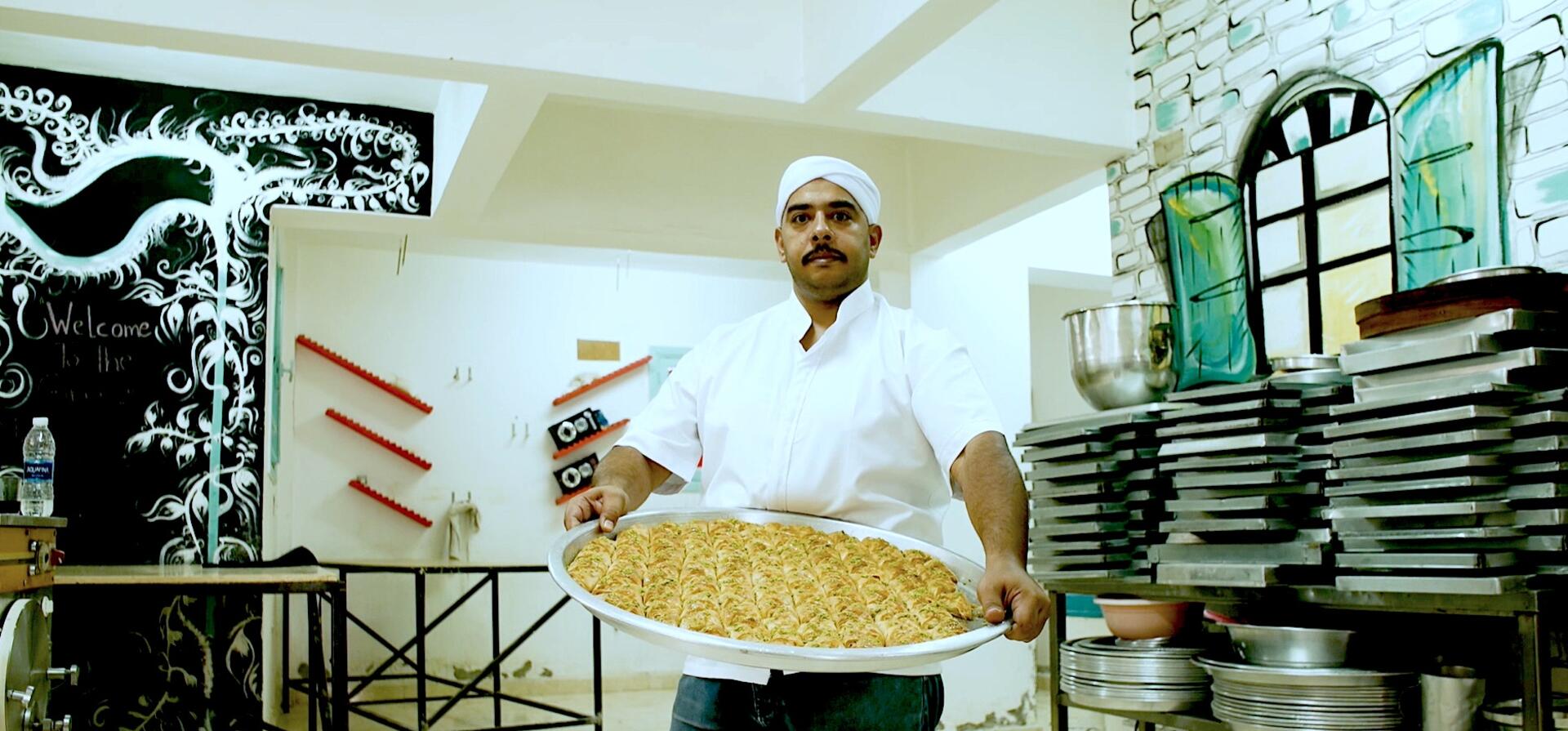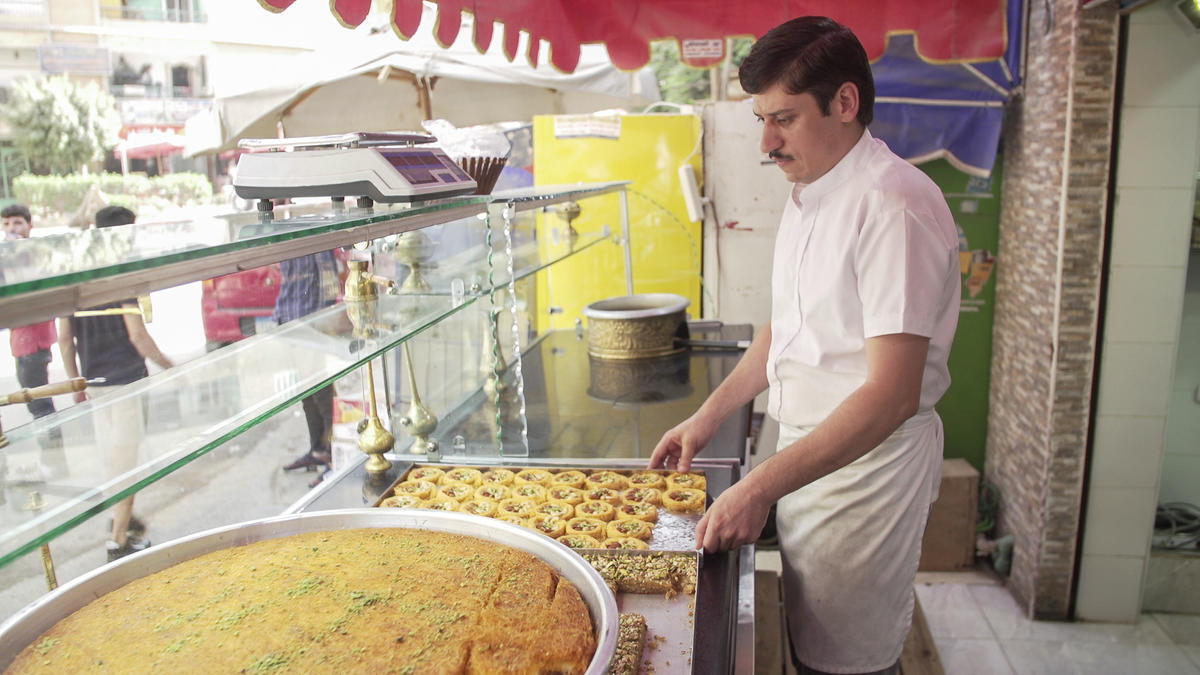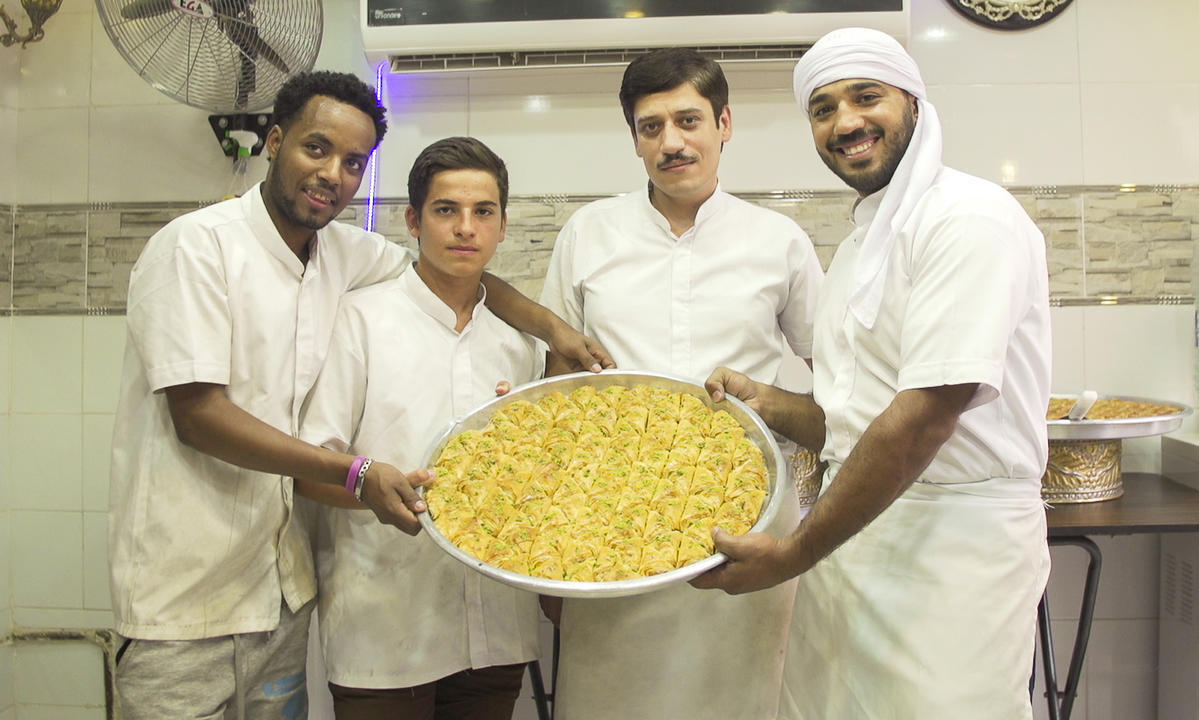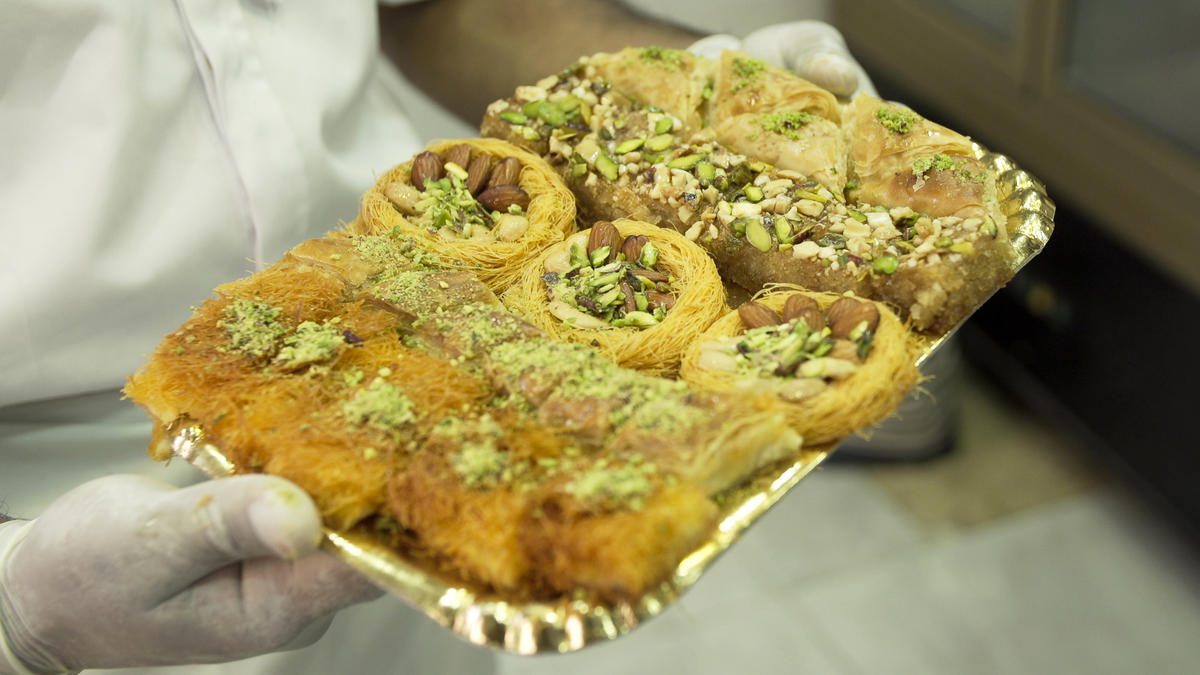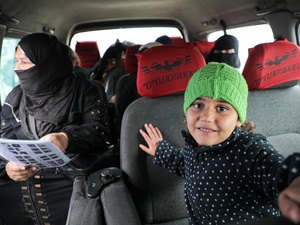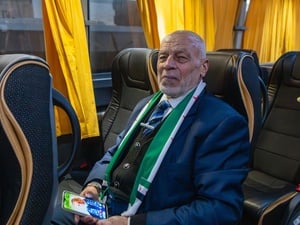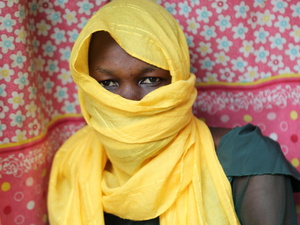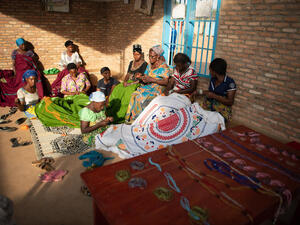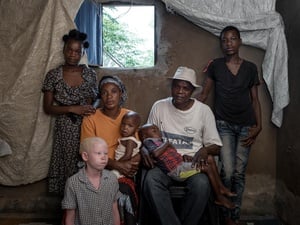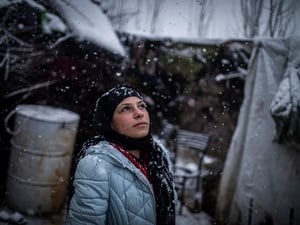Syrian entrepreneur brings a taste of Damascus to Egypt
When the war in Syria forced sweet maker Abdullah Bashir to flee in 2012, he and his family made their way to Egypt. There he set up a shop similar to the one he had left behind, stocking the shelves with pastries filled with dates or pistachios and semolina cakes soaked in syrup.
For anyone with a sweet tooth, Damascus’ loss was Egypt’s gain.
Egypt hosts 132,281 registered Syrian refugees, and Bashir’s story shows how they can overcome the odds to find success in their new country using professional skills they learned back home.
Bashir comes from a family of sweet makers, and since the 1980s his father’s shop in Damascus had been among the “top 20 dessert shops in Syria,” he says.
"After a while it was clear that we had to work."
When they first arrived in Cairo, the Bashirs believed the situation back home would stabilize in a matter of weeks or months.
“When we left Syria we did not plan to open a shop here, but after a while it was clear that we had to work,” he says.
It was hard to rebuild the business from scratch. The family lacked capital and had to learn how to adapt what they made to Egyptian tastes.
“We had to develop our work, buy Egyptian equipment and consult with Egyptian chefs,” Bashir says. The result was “Sweets of Damascus”, which opened in October 2013 in the city of Giza, which is close to the capital Cairo.
At first, they only produced one type of sweet, kunafa nabulseya, filling shredded fillo dough with sweet cheese, drizzling it with honey and then baking it. But the family now owns two small shops where Bashir and his brother Mohammad stack trays of crispy gullash, basbousa, maamoul and other desserts.
"Seeking asylum was not a choice for us."
Although the asylum environment in Egypt is generally conducive, refugees' ability to access the formal job market is limited, sending many to navigate the challenges of establishing their own start-ups. In order to help them overcome some of these obstacles, UNHCR provides eligible refugees and asylum-seekers with training, job placement and micro-grants for start-ups. In the first half of 2018, nearly 228 persons of concern benefitted from livelihood support.
In order to help them overcome some of these obstacles, UNHCR provides eligible refugees and asylum-seekers with training, job placement and micro-grants for start-ups. In the first half of 2018, nearly 228 persons of concern benefitted from livelihood support.
Since the conflict erupted in Syria eight years ago, more than 5 million people have fled to other countries in the region, including Egypt, where Syrians now account for more than half of the registered refugees and asylum seekers.
Although Bashir has tasted success in his adopted country, he still longs to go home.
“Seeking asylum was not a choice for us,” he said. “No matter how much we work here, we have a country to return to. The moment the war ends, we will return.”


